|
2/27/2022 LIFEHACKS - Sun Feb 27 2022Jesse Bradley still screams inside his heart because we still have this pandemic going on. See Jesse process things he panics on Instagram: @questionabledecisioncomics. He also improvises mostly true stories on Highwire Improv. Catch his next story on Monday, February 28 at 8:30 PM ET.
2/24/2022 Sam Strives For 55 - Week SixHere is week 6 of Sam's reading journey, the metrics and first week can be found here 1Q84 by Haruki Murakami
Final Rating: ★★★
2/22/2022 I Want My UZ-TV!a music review by Douglas MenaghThe Uncharted Zone: A Perpetual Doom Tribute to UZ-TV Perpetual Doom ($9.00 USD digital album) Out through Perpetual Doom, The Uncharted Zone is a compilation album that pays homage to the weekly public access television music of the same name. Hosted by Phil Thomas Katt, The Uncharted Zone (UZ-TV) blew up in 2009 after music videos uploaded to YouTube which went viral. UZ-TV featured and features original and cover videos from locals of Pensacola, Florida, in addition to featuring lo-fi music. Now, with the release of The Uncharted Zone tribute to UZ-TV, there is an audio supplemental to this show. As far as tribute albums are concerned, The Uncharted Zone is like a concept album of a show without intermissions or breaks. Featuring various artists like The Memories, R.E. Seraphin, and more, The Uncharted Zone creates an eclectic sound that is never at odds with itself. Rather, the artists collectively create and maintain a mood that holds together over the course of the album. “Boy and Man” by Alex Bleeker and “What Went Wrong” by Lee Baggett offer western, slightly country, and chill rock sounds. Tracks like “Tina” by Palm Salon maintain a similar weekend morning relaxed vibes, albeit achieved with elements like 00s vocals and keys. Such songs stand in contrast to more dissonant, gritty rock tunes like “Enterprise Room” by Joe Baggs. The Uncharted Zone has the feeling of a specific moment in time rather than that of something futuristic. This release feels less like a throwback so much as a group of artists from a particular time and place faithfully recreating that specific moment in sound. Songs like “Love Kills” by Manhattan Murder Mystery offer a welcome dose of nostalgia to a period of time that existed musically twenty years ago. In addition to functioning as a whole, the songs on this album function as great standalone tracks as well. Songs like “Blackjack Trees” by Karl Blau and “Gulf Breeze UFO” by Lonna Kelley sound great on their own and as part of a whole. What differentiates this tribute album from others is that it inspires those who are unfamiliar with UZ-TV to check it out, creating a powerful hook for those who listen to keep exploring this channel across the different mediums.
2/20/2022 LIFEHACKS - Sun Feb 20 2022Jesse Bradley can't believe that we're going into year 3 of this pandemic. See Jesse cope with it on Instagram: @questionabledecisioncomics. He also improvises mostly true stories on Highwire Improv. Catch his next story on Monday, February 28 at 8:30 PM ET.
2/17/2022 Sam strives For 55 - Week FiveHere is week 5 of Sam's reading journey, the metrics and first week can be found here Star Wars: Triple Zero by Karen Traviss
Final Rating: ★★
-H.My first exposure to Dani Tauber (on IG as fetchspirit and Twitter as @DRAINPIPEEE) and her work was through my role on a site called Screenshot Lit, founded by myself and MMPP's own EIC. I followed her socials and we have got acquainted more since, so when she announced some upcoming projects, I wondered if MMPP needed a more objective writer to report on it. Nah! We'll just make it a new feature, where MMPP staff introduces you to some of their favorite people. Isn't that what friends are for? This interview was conducted by correspondence, which Tauber said felt "like a MySpace survey," which I am taking as a huge compliment. We talked about her poetry, her music journalism past, her burgeoning antiques business, and how a jarring experience in her youth changed the trajectory of her creative journey. (The following has been slightly edited for, y'know, editorial and chronological reasons -- okay, it's because I can't ask questions in a straight line and I fix it in post.) Dani Tauber, where were you born, where are you from, and where do you call home now? Born, raised, and currently in the NJ Pine Barrens! Trying to get deeper into the woods, actually. Did these surroundings have any influence on your work? (Or alternately, any urges to leave these places that impacted your art?) You’ve mentioned a sheltered childhood, being shy, dealing with bullies… how do you make that transition from solitary writing into writing community, and apart from the academic track some of our fellow writers have taken? Now that I'm older I can appreciate the little nuances of where I come from, but growing up weird in a small town wasn't fun. Small town public school doesn't really appreciate artistic, unique, or different children, but my mom did a lot to encourage my writing when I was real young and in second grade I started getting academic recognition for it on top of reading well above my grade level, so I guess that was good. But I still couldn't write about what I wanted to write about without getting shit for it. In seventh grade I got pulled out of class over something I had written that I'll admit may have been concerning but was stolen from me and turned in to a guidance counselor unfairly. My mom, who did not drive, was told she had 15 minutes to get me or I'd be sent to the hospital - luckily she made it. I was suspended for three days and two crisis counselors showed up at my house unannounced to go through my belongings looking for a reason to have me committed. So obviously, by the time I ACTUALLY needed help, I was too afraid to ask for it! I didn't share my "real work" at school anymore; I put it online and learned my voice and met like minded people that way. The internet was a HUGE escape and literal life saver for me. It wasn't until my creative writing class in college with Jayanti Tamm that I realized my work had any real merit at all, but she really enjoyed it and I think that's probably when I decided maybe one day I'd try to publish some of it. This got really long-winded because I have a lot of feelings about it. I'm sorry. TL;DR: any direct influence my environment had on me was most likely negative but I first accessed the A Softer World webcomic on the school computers and that was pretty life / voice changing so thanks for that. As for transitioning into the community...I feel like I just kinda publicly do my thing as I've always done, and the right people have found it and appreciate it and resonate with it which I am extremely grateful for. As for academia and lit and where they meet...I'd rather listen to a drunk on a sidewalk at two in the morning than anyone who thinks they're good because their $58k/year tuition told them so. Not to be an asshole or anything. I probably sound like an asshole. What got you into zines, what zines or creators have you enjoyed? I'm not sure exactly when this fascination happened. It wasn't the huge cultural thing in my small town that it was in other, cooler places; a lot of my exposure to things like this came from making friends out of town / state. I had bought zines at shows, and right after I graduated high school I started writing for Scene Trash Magazine which was essentially a regional music zine before it went larger-format. After that, I wrote for The Aquarian. After college through a former co-worker I met a college professor who is absolutely in love with zines and he got me making them; I released a 6 micro-zine set and five zines in those first early years. I started helping him teach zine workshops on campus and we did Philly Zine Fest together a few times. His name is Rich Russell, and I've enjoyed all of his zines, as well as our friend John Guttschall's 'Coleslaw Adhesive.' I also have enjoyed reading Jesse Feinman and Kaitlyn Buhrman. Who are some of the authors you read early on that are significant in context of the work you do now? Joey Comeau is ESSENTIAL reading for anyone who enjoys my work in any capacity. He taught me, via the format of A Softer World, how to say so much in very few words. And because I was always reading above my age level, I was hungry for more mature content early on. The YA Fiction section at the library was a safe haven, and I read ALL of the edgier books at least twice. I read Plath and Sexton and that didn't help me mentally in any way I'm sure but stylistically was very important. Books like White Oleander and Prozac Nation...I also found both Hole and The Muffs in the CD selection at the library by some grace of god. I read those liner notes and lyrics until I had headaches. While a lifelong writer, poetry was your first love, and music journalism was an additional track for you later on. When did you decide to leave the latter behind, and why? I left music journalism for a few reasons. At one point I had my own column in a publication and they declined to print an article I wrote about creating safe spaces in music for women, even after I redacted a bunch of [true] allusions to issues in the local scene. I didn't like that. I had never been 100% safe in that gig environment, but I really started to notice it as I got into my 20's and started socially drinking and started to meet new people [men who would eventually stalk and threaten me]...safety was a big reason. Someone who'd threatened my life in the past shares the same musical taste, ya know? If I run into them, they seem pretty into harming me. I just hung it up officially when I was maybe 24-ish. I retired haha. I miss it a lot sometimes, it was a lot of fun. I would love to either work with bands again or release some music of my own. How did you get involved in the writing community, deciding to run things like Vulnerary Magazine and not only just write? How has your EIC experience been so far? I kinda just wanted to do it, and I finally had the time and money, so I did it. I like to feel like I've been punched in the chest after I read something - like, that kind of catharsis - and wanted to publish work like that. So far my only complaint is how fucking expensive it is to do literally anything that brings you joy AND keep it free and accessible so others can participate also. I appreciate how hard people who are doing things on a larger scale than I am are working, behind the scenes. It's a lot. When did you get into antiquing? How has the Witch Fingers venture progressed? What is your favorite thing you’ve ever found (whether you sold it later or kept it for yourself)? If you ask my father, I've been a 'junk / dust collector' my whole life. I feel like that's what he gets, for dragging us to flea markets in friggen December to look for Christmas gifts as my feet froze in my Converse. I like pretty, unique, old things. I specialize in mourning and funerary items specifically; I started Witch Fingers in 2015 on yet another whim and it took off in a way that allowed me to do events like the Bloodmilk Night Market or the Witch Market in Philly, and I'm currently selling through Shoreline Vintage & Antiques in Richland, NJ. I like to think I honor the former owners by appreciating long-lost and forgotten personal histories. As for my weird taste, I probably saw Addams Family Values way too young and it was imprinted. I have a lot of favorite items in my collection, but the 14k gold, seed pearl, and human hair mourning cross pin / pendant with the cabinet card of the original owner wearing it stands out! How has Patreon worked for you? I've recently talked to writers who launched projects with Kickstarter, so I’m curious as to the advantages or drawbacks when you compare the two methods? I actually hate that my stuff is behind a paywall - I'd been sharing publicly my whole online life. I made the platform switch for two reasons: I lost my job to a pandemic and needed to monetize everything I could, and plagiarism that was always an issue really started to get to me as 'jlsf' was taking off. I hate the paywall. It alienates the people who've appreciated and supported my work for years but can't afford a monthly fee to keep reading it. I don't like equating my success to 'who can afford to show support' and the anxiety I get when I see someone has had to unsubscribe. It has, however, paid my phone bill the last two years, and I don't mean to sound ungrateful. I'm incredibly appreciative of all the support I receive. I don't know enough about Kickstarter to compare the two, but Patreon seems user-friendly enough and you can have tiers that offer different things for different subscription fees. It's just hard to exist on a crowd-funding platform when I know firsthand how people are struggling nowadays, if that makes sense. Tell me what I should know about each of these new works? What do each of them represent in your creative path? I've got a lot going on in March! I'm self-releasing a microchap / zine hybrid called '00' and preorders will probably be closed by the time you run this, but I hope to have them in the mail by mid-March. It's a collection of 10 poems about motels. It feels really good to be going back to my roots, albeit a little more polished this time around. 'ANGER IS GOSPEL' is a spoken word cassette being released by Summer Interlude Records; it's a noise label, so I'm curious to see how it's received. I'm so glad this project finally found a home, and a format I never expected, because it actually means a lot to me. My forthcoming chapbooks 'marbling' and 'ex ossibus' (Vegetarian Alcoholic Press 2022) were written simultaneously, and Freddy was kind enough to take them together and release them at the same time. We're doing a 2-in-1 book - I'm excited! Aside from that, I'm working on a small collection of poems about lucky rabbit feet and trying to figure out the best and most safest way to release a collection of six NSFW short stories that was supposed to be a zine series called 'LONESOME THREESOME.' And finally, do you feel any of your works represent you definitively? Or is that even possible, are you finding new phases as you dive into 2022 with all these new works? 'just like soft fruit' is pretty definitive, I'd say. It's a full-length collection, so it's all just kinda laid bare... 'marbling' and 'ex ossibus' deal with both despair and hope, though, so maybe I am growing towards the light a little these days. It's long overdue. I'm pale as fuck. h. is the Meow Meow Pow Pow blog editor, an enthusiast for antique and collectibles shops, and is also moving further into the wilderness. His own examples of weird taste and personal history are on the shelves of HubUnofficial.com.
2/13/2022 Lifehacks - Sun Feb 13 2022Jesse Bradley used to worship at the altar of Valentine's Day but then realized real love should be celebrated on important milestones that you and your partner share (and just because). See Jesse dismantle other bullshit holidays on Instagram: @questionabledecisioncomics
He also improvises mostly true stories on Highwire Improv. Catch his next story on Monday, February 28 at 8:30 PM ET. By LEVI ROGERSillustration by Melissa Narrance - baldbastardart.com1. The thing I love most about you, my body, is also what I hate about you: It’s strength, but also, it’s bulk. “You’re just husky,” my mom would say, as I tried to button the well-fitted jeans in high school. I guess that’s the most accurate word. I’m not fat, no, that would be unfair to say to those who are fat. I am muscly! Thick. But with a gut. And heavy (240) with a very medium height (5’ 10”). My friend Mike once said he could bounce a quarter off my ass. 2. In middle school football I was big enough in that they put me on “the line.” I wanted to be a tight end or wide receiver, but no, those positions were for the skinny dudes. I was the right offensive tackle. It's shit being on the line. You spend your time crushed against the stink and butts of teenage boys. Yet I started lifting in high school and haven’t stopped since. I appreciate that about you, body. You turn fat into muscle fast. But then the weight stays, like a stray cat you feed in the night (or my actual belly, which I also feed in the night). 3. For many years my only form of transportation was a bike. My calves turned into grapefruit. That’s when I was in my best shape, finishing up college riding my bike everywhere, hitting the gym after class. God, the free time—not married or with kids--I wasted so much of it(but what is youth without waste?) 4. The thing I hate most about you are my triangle nipples. No matter how much I can bench or how many pushups I do, my pectoral muscles still coalesce to form a singular point that makes them look the incoming breasts of a junior high girl. On Tik Tok, the omniscient algorithm has decided to send me ads for t-shirts that are, and I quote, “like push up bras for men.” The algorithm knows that I pause for a second, or two, thinking of purchasing, before I scroll to the next video. 5. I like that I have never broken a bone in you, my body. Strange especially considering all my years of snowboarding, skateboarding, biking, and climbing. I’ve had a few concussions though. Sometimes I wonder if this is why I can’t find my keys. 6. The #1 thing my wife appreciates about you, my body, is how I do not have a hairy back. The reason I know this is that she has said it multiple times, as if it was her worst fear, (to find a man she loves only to realize there was a forest of hair covering his broad shoulders). 7. I like the genetic ability possess to grow a full beard. I dislike my predisposition to lung cancer and a rare blood disease. I am also grateful, I suppose, while we’re at it, that my penis is exactly average—size-wise. I do think it’s better looking than other penises, however. More handsome (for reasons I can’t quite explain). 8. I hate that my stomach looks like someone snuck a basketball underneath the skin. I eat a balanced diet, but I still consume a lot of calories (and carbs). Pizza, bagels, sandwiches, pasta, alcohol. Portion control is my downfall. I once quit drinking because I thought I was an alcoholic. Turns out, I’m just a glutton. Doesn’t matter if it’s a salad or a pizza or a cold beverage. I will eat leaves of lettuce and pepperoni and malt until the empty holes inside of me are filled (at least for an hour or so). Food and drink are my coping mechanisms, my self-medication. Yet exercise is my salvation. These are the contradictions inherent within you, body. 9. And yet, body, you have taken me to the tops of mountains and climbing routes and bike trails. You have survived pandemics and outbreaks and seasonal colds and flus. You have survived the darkness of my mind. So far, you have beaten away those invisible malignant things that go creep in the night. Yet one day I know we will probably succumb and turn back into dust (but that’s okay too). 10. My body is perfectly imperfect, as all of ours are—those of us who have not the time or money for personal trainers, multiple trips to the gym, all the health food many can buy. So therefore I say: My body is flawless. My body is true. (And your body is too). 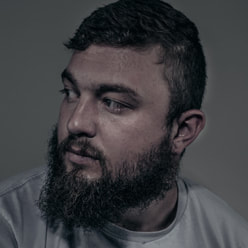 Levi Rogers is a MeowMeowPowPow web editor, a writer, and a former coffee roaster currently based in the land of the Chinookan and Multnomah people. He has an MFA from Antioch University and his debut novel Utah! A Novel is available from Atmosphere Press. He lives with his wife Cat, their two daughters, dog Amelie, and two cats-Chicken and Waffles. 2/10/2022 Sam Strives for 55 - Week FourHere is week 4 of Sam's reading journey, the metrics and first week can be found here We Want to do more than just Survive: Abolitionist Teaching and the Pursuit of Educational Freedom by Bettina L. Love
Final Rating: ★★★★★
2/7/2022 The Musings of Elayna MaeA PROFILE OF POEt, AUTHOR, & Filmmaker Elayna Mae Darcy Elayna Mae Darcy, a Philadelphia "writer, artist, (and) dreamer" who graduated from Temple University, has traveled through many destinations in their literary journey. They have produced podcasts, run social media, acted as a liaison for National Novel Writing Month, worked in film and video with a YouTube channel, appeared on panels and at events, and maintains their blog and portfolio at ElaynaMusings.com. In addition to two poetry collections, they have completed a young adult novel called "Still the Stars," and they publish a newsletter called Queery Letters. We corresponded about their formative years as a reader and what compelled them to enter the writing and fandom worlds, the struggles of advocating for queer representation while also having grown up a Harry Potter fan, the challenges of crowdfunding and publishing, and what they see on the horizon for both the literary community and their own work. What kind of reader were you as a kid? What were some of your favorites? What do you remember about your first impulse to write? I fell deeply in love with fantasy as a young kid, and that love has never dimmed. One of my most treasured favorites was INKHEART by Cornelia Funke, which itself is a book about a child who loves books, but the series that really sparked my imagination was THE PENDRAGON ADVENTURES by D.J. MacHale, which I picked up at age 12. That series was my gateway to science-fiction and I’ve been a giant nerd for stories that involve traveling through time and space ever since. You’ve done a few Kickstarters now, how do you feel they’ve worked out for you? What do you like about the fundraising models? What are you still trying to get the hang of? What advice do you have for someone pursuing that route? Kickstarting my first two poetry books was such an amazing experience, and the amount of love I received when I ran them was incredible. I think the true beauty of crowdfunding is that as a writer and artist, you spend so much of your time alone at your computer typing or brainstorming on your way to work, that you feel like you’re just screaming into the void. Seeing every new backer on a campaign gave me this great feeling of, “At last, I’m not alone in caring about this.” My latest experience however was a campaign for my YA novel in verse, and it was the first one I have done where I didn’t reach the goal, so the book currently remains unpublished. It took me a few months to really get over the let down of that one, especially because it is a book I have been working on since I was a teenager. But the community that supported me during that time has been so kind and encouraging. At the moment, I’ve gone back to querying the book to try and get it traditionally published, so I can’t say for sure right now if I will stick with that or decide to self publish it later on, but I’m hopeful it will see the light of day soon. The biggest piece of advice I can offer for folks considering going that route would be to rally some of your closest family and friends—the ones you just know will be happy to support you—and share it with them before launching it to the public. Doing that with both of my poetry books helped give the projects an early boost, and I think that helped majorly in the long run, because I wasn’t alone in spreading the word about the campaign. How was your experience at MuggleNet? What did you learn from your work there that has helped in other pursuits? If you feel comfortable discussing it, what is your relationship like now with that fandom, that body of work, and the author (and how perception of her has changed)? My relationship with Harry Potter is strained to say the least these days. As a queer, genderfluid inividual who was raised, nourished, and inspired to write by those books, the wounds of finding out the author has those views are still way too raw for me to watch the films/read the books/engage with fans about. But I would be lying if I didn’t say that the years I spent working with MuggleNet and being a fandom podcast host & producer weren’t some of the absolute best years of my life. Working with them really helped me to realize how much I adore engaging with fandom communities beyond the boundaries of the original stories, and so even though I have largely moved on from Potter, I carry that experience into other things I love, most recently by guest hosting on a Supernatural podcast called Driver Picks the Podcast. I think fandoms are a powerful way of finding connection and joy in an increasingly dark and distant world, and I am so grateful for all the wonder they’ve brought into my life. How would you compare and contrast YA and poetry in terms of your process and your passion with each genre? Or is Still the Stars not a separate thing at all, but an extension and new application of your poetry? Where does Continuum fit in to your journey to STS? I have been writing YA fiction since I was a teenager myself and it is a medium I’m super passionate about. I write those works so that queer teens can see themselves reflected in their books because that wasn’t something I really had a chance to do when I was younger, even though stories were the thing that got me through some of the hardest times of my life. Poetry on the other hand has been a like slow burn romance for me—something I always wanted to pursue, but really only began actively chasing in my mid-twenties. Once I did though, there was no going back. My first attempt at fusing poetry with fiction was during one of the many rewrite drafts of my YA fantasy, STILL THE STARS, which I’ve chronicled pretty extensively on my blog. That book is my oldest story idea, one that goes back to when I was 13 and bored in math class, just daydreaming about other worlds. The story has obviously grown a lot since then, and been through many rewrites and revisions. But honestly? When I started writing it as a novel in verse instead of prose, I felt this searing electricity to it. I feel like I was free to pour more of myself into the narrative when I got to write it in that way. Poetry has this beautiful way of saying so much with so little, and I can’t express enough how much I love playing with it across genres. As for CONTINUUM, that one holds a special place in my heart, as it was my very first work to be published. It was a short story that I’d written to be part of an anthology that was unceremoniously canceled by the folks who were set to publish it, and so on a whim, I submitted the story to the amazing folks at Wizards in Space Literary Magazine. Seeing my name in print for the first time in their second issue was one of my proudest moments. With your work and outreach in fandoms and as a speaker at events, as well as your feelings about representation, where do you see your role or how do you define your role in relation to audience/community/etc? Why is literary citizenship important? I am a staunch believer that stories, once told, belong to their audiences. Of course the author’s intent matters and is relevant as far as canonical conversations may go, but as someone who both writes, enjoys, and studies media, I know that the ways in which a work can be interpreted by the readers/viewers are endless. I think there’s something magical about the way people connect to characters on levels the author could never imagine. All I can do is infuse my stories with as much of my truth as I can, and then rest in the knowledge that once I have put it out there, the work takes on a life beyond me. That being said, I think both the publishing industry and Hollywood have an immediate obligation to open their doors to more storytellers, and the longer they ignore that demand, the more harm they do. The world becomes so much richer when everyone has a chance for their voices to be heard. What are your current plans for Hell & Back Again, and Conjure the Night? Or other projects in the works? CONJURE THE NIGHT is definitely a shelved project at the moment, but I am hoping to try another draft of it sometime later this year. HELL AND BACK AGAIN on the other hand is definitely at the forefront of my mind, as I’m actively revising it. Given how much I’ve re-engaged with the Supernatural fandom in the last year (a series that largely inspired the novel) I am much more focused on polishing that book and getting it into agent’s inboxes to find a traditional publisher willing to take it on. But another book I am really excited about tackling a first draft of this spring is an untitled YA rom-com about a queer high school stage manager who falls for their best friend who is starring in the school play. I haven’t decided yet if it’s going to be prose or in verse, but I’m really excited to write it. It’s gonna be my love letter to theater kids, which was something I was really involved in during my formative years. What do you hope to see from the online literary community as we move into 2022? I think we are in for some really rough waters given all of the attempts to ban diverse books for young readers that are happening across the country, but I know that there’s a resilience there that won’t go quietly amidst all of the attacks from conservative groups. I know I for one feel even more compelled to write books with dynamic queer representation, and I get the sense that many folks in these communities are feeling that too. And what do you hope for yourself? Besides your writing goals, what are some other areas you’re attending to? My biggest thing to focus on this year outside my writing is definitely my physical and mental health, which were very much put through the grinder thanks to the painful last two years of the pandemic. But professionally, I am really excited to continue with my newsletter I launched at the end of last year, Queery Letters, where I share original works and write missives about my experiences as a queer author. I am also finalizing plans to launch a series of writing workshops, kicking off with one this spring for fiction writers looking to dive into poetry for the first time. h. is the Meow Meow Pow Pow blog editor, knows a little about problematic fandoms as a lifelong pro wrestling fan, and loves talking with nice creative folks from Philadelphia. He chronicles his own writing journey over at HubUnofficial.com.
|
AuthorOur fabulous blog team Archives
June 2024
CategoriesAll 12 Songs Art Art And Athletes Book Review Chorus Blog Date This Book Game Of Narratives Guest Blog Letter From The Editor Lifehacks Movies Of 2019 Music Pup Sounds Smackdown Strive For 55 Summer Playlists |
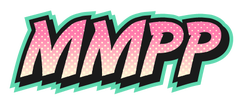
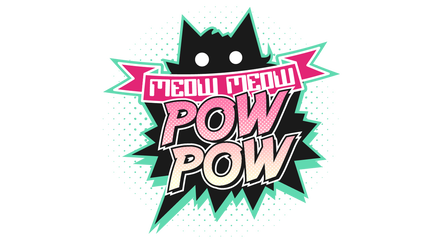

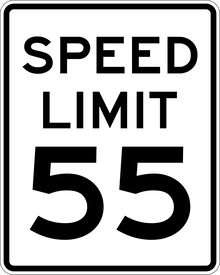
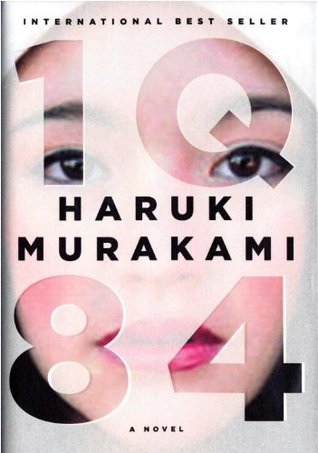

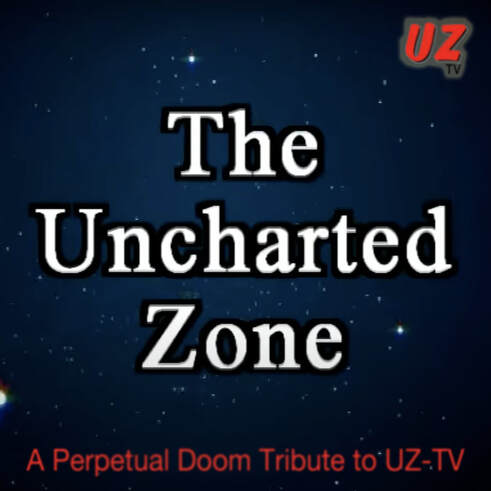
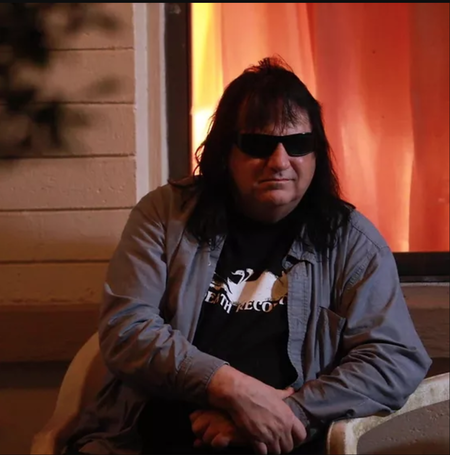
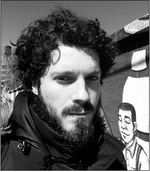

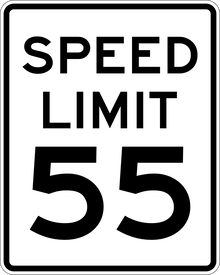
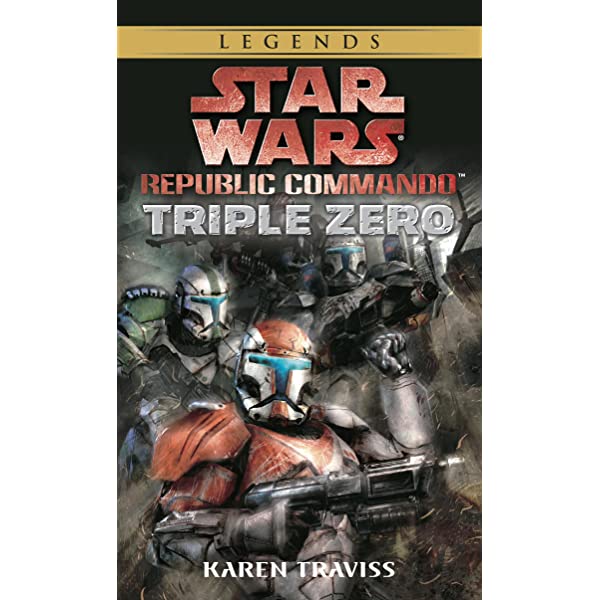

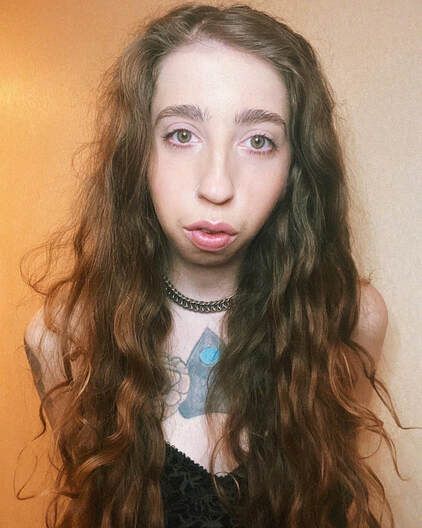
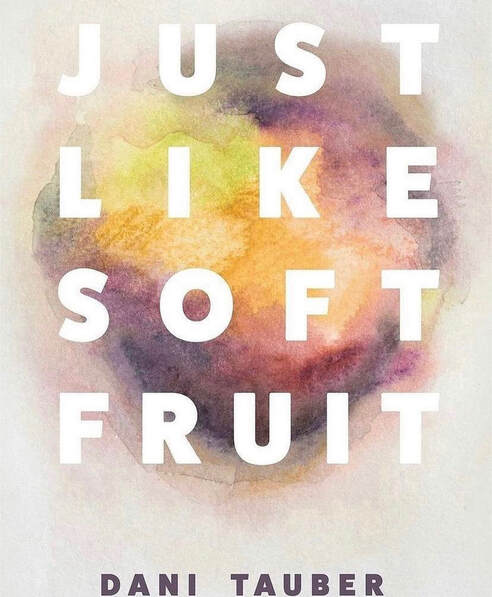

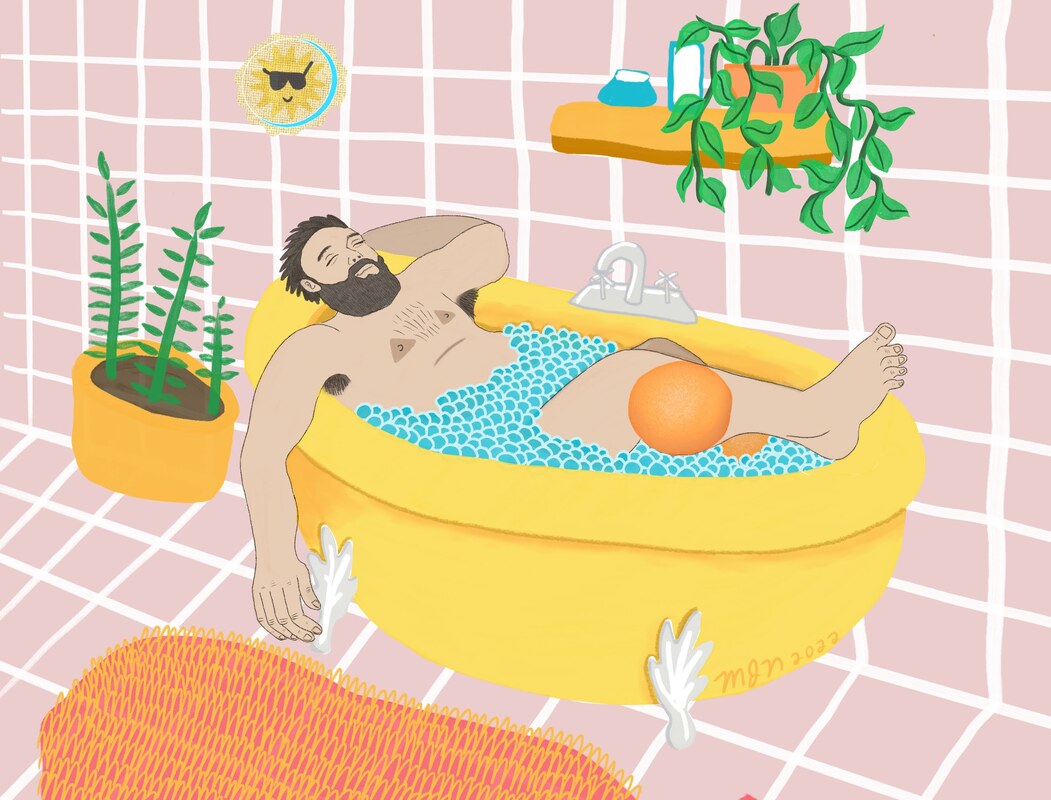
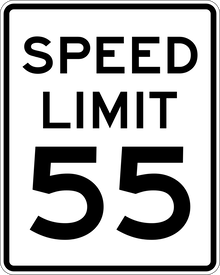
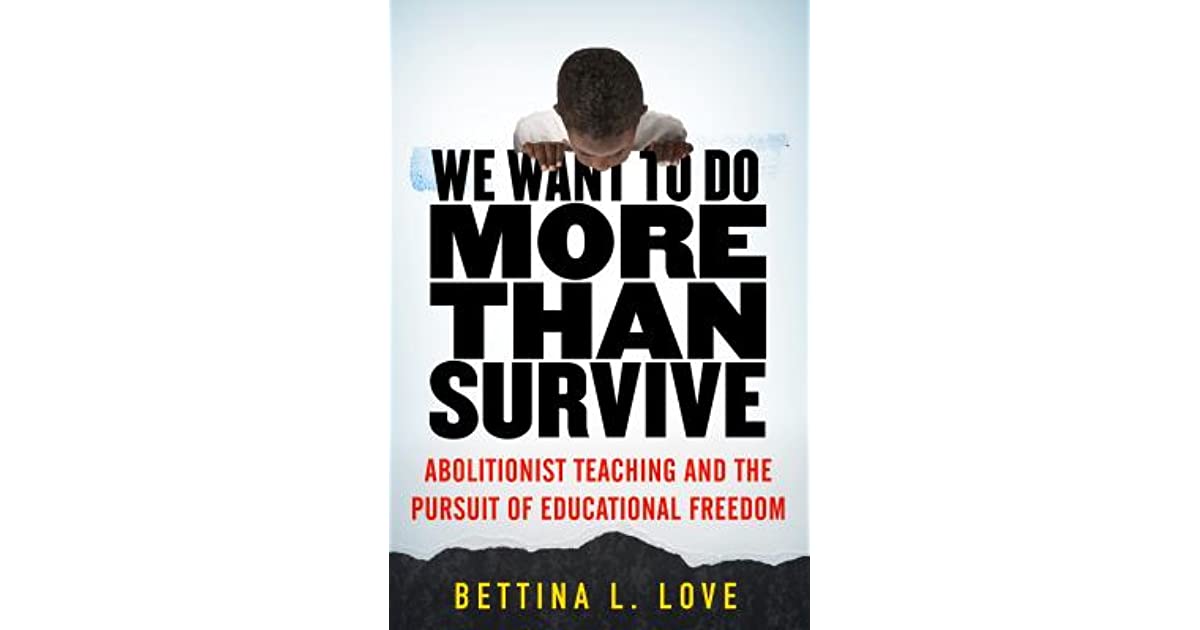

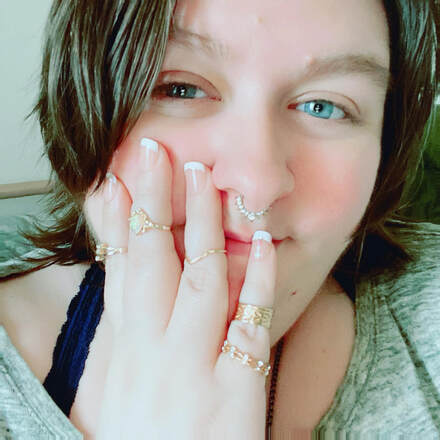
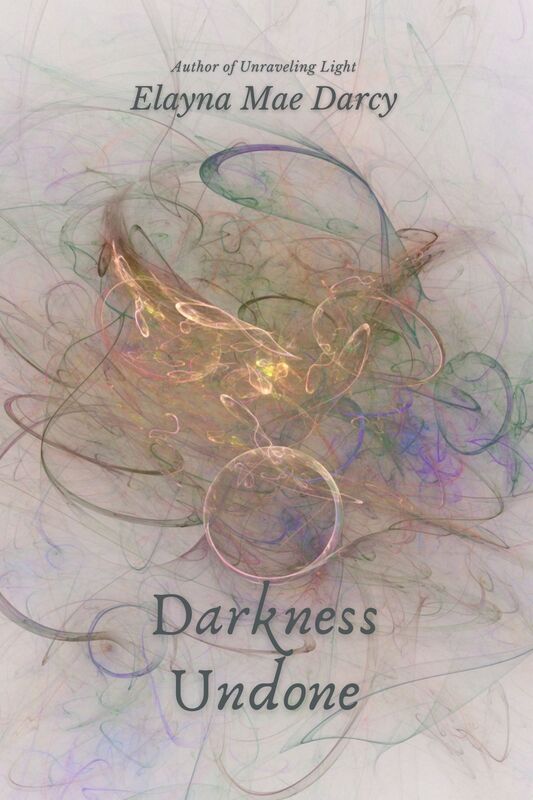
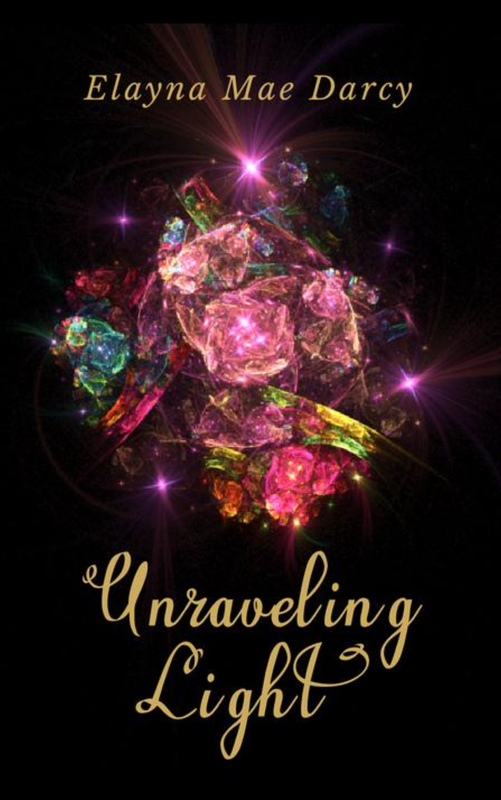
 RSS Feed
RSS Feed